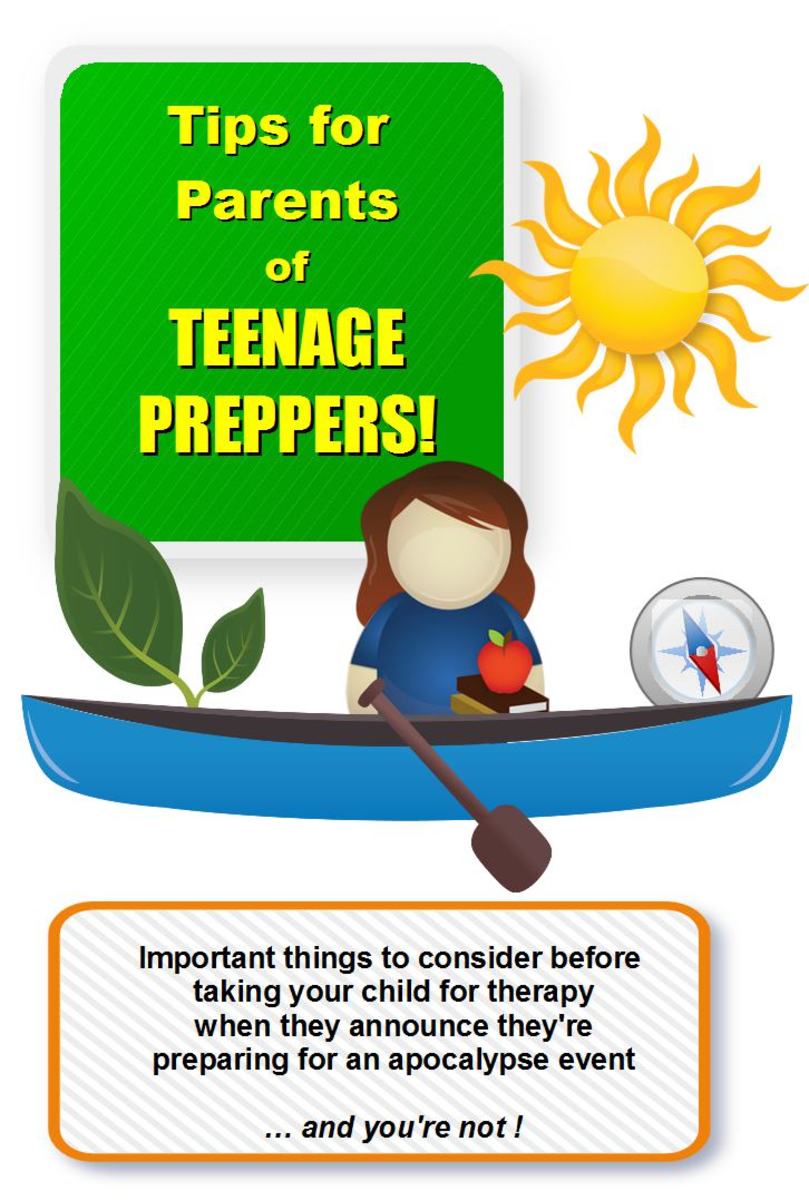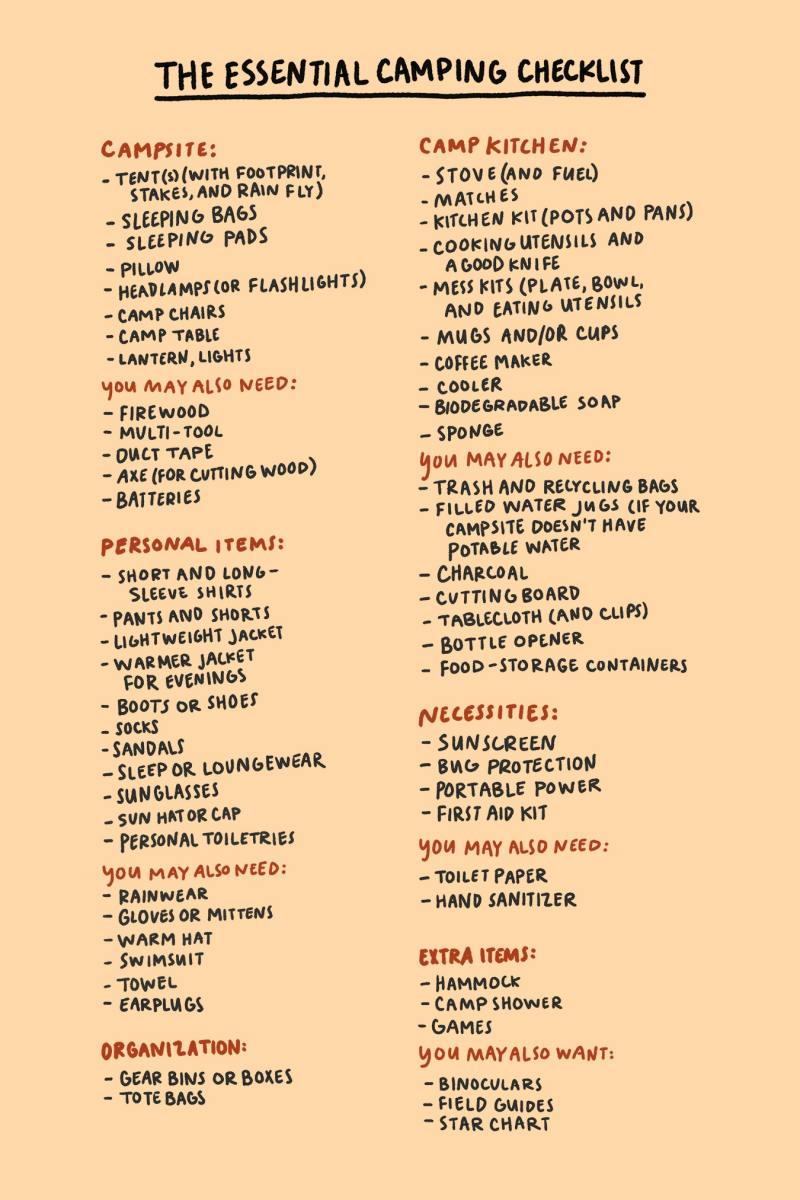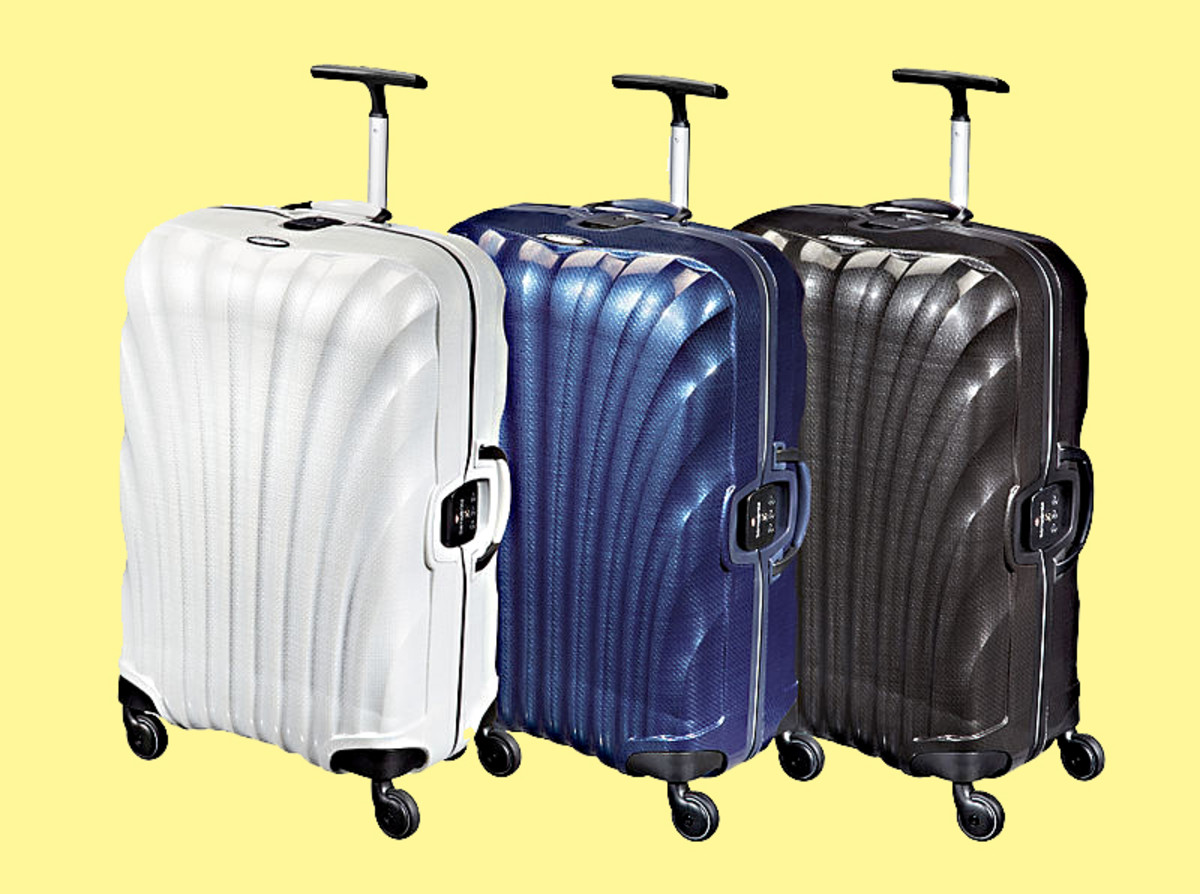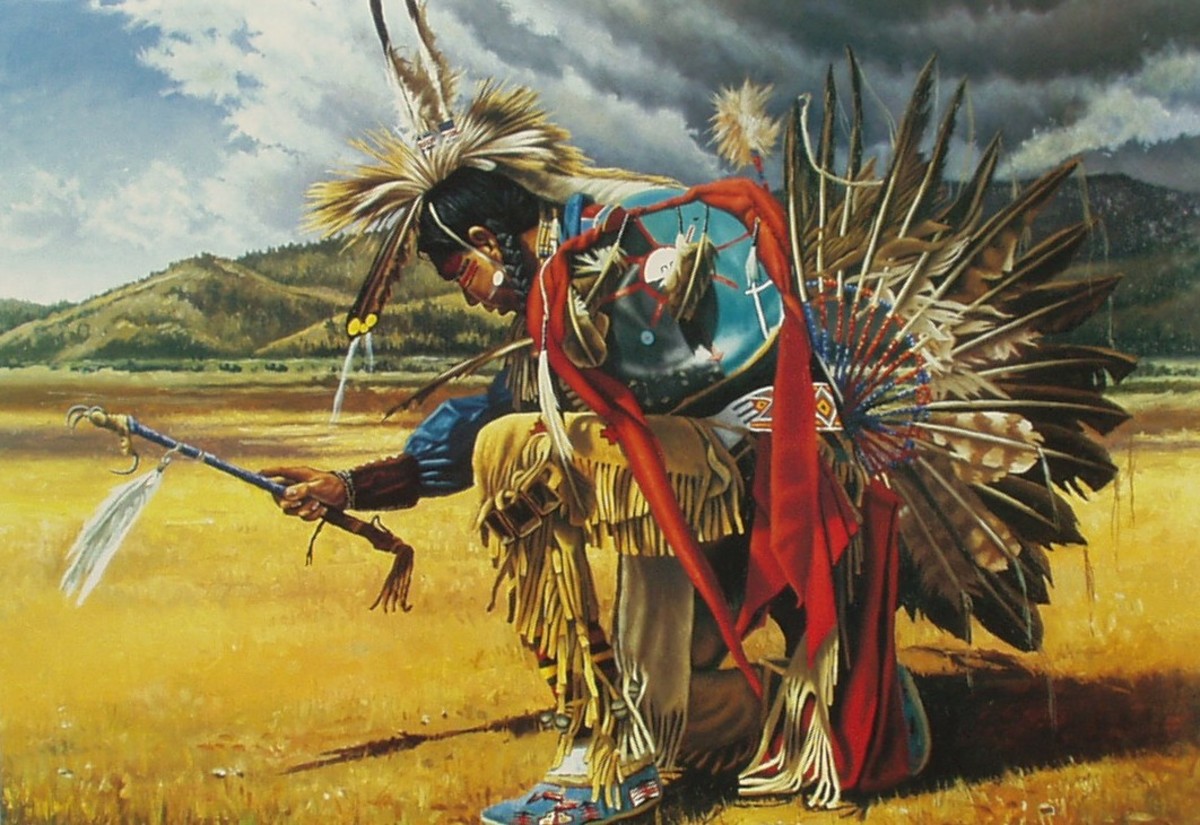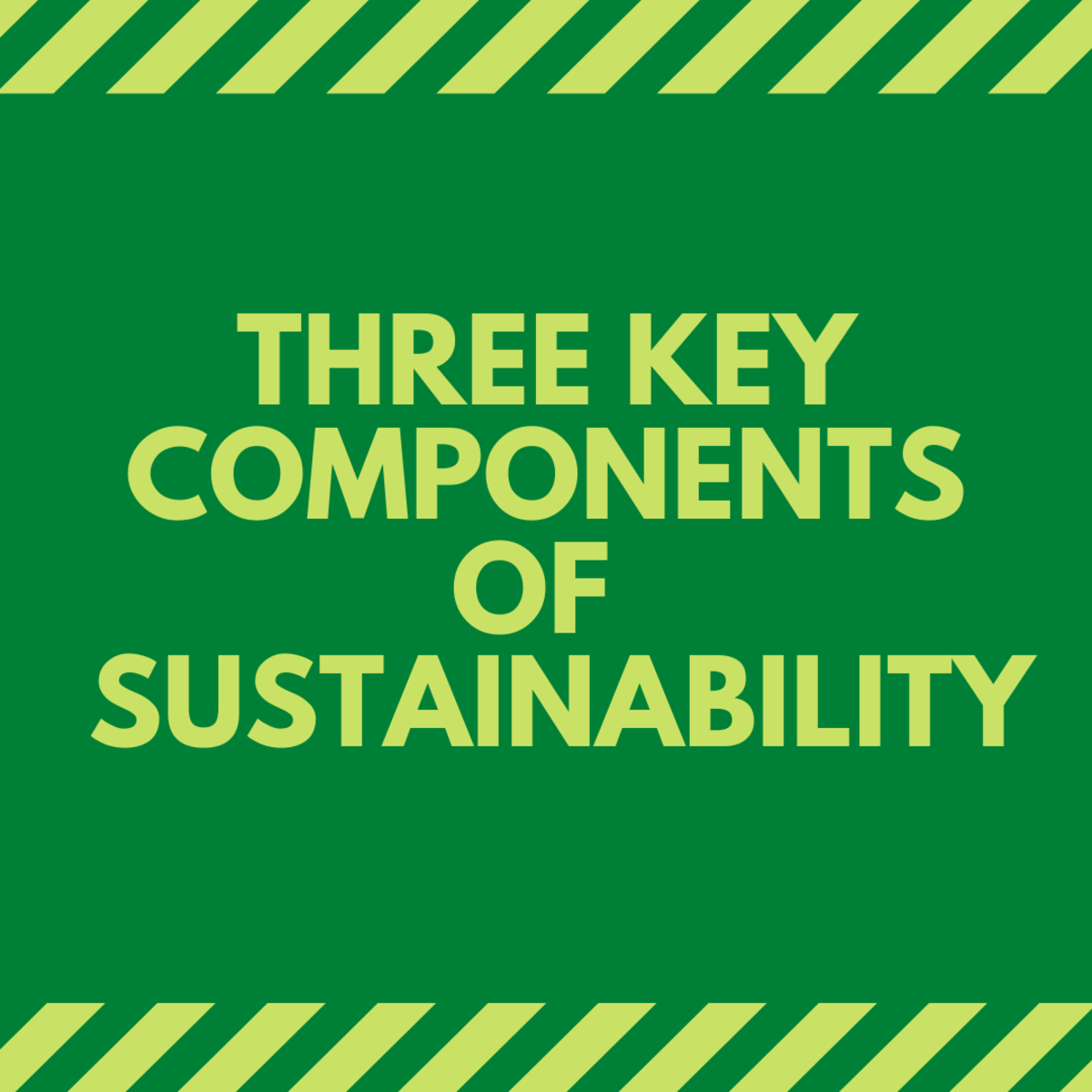6 Essentials - Must Have In a Natural Disaster
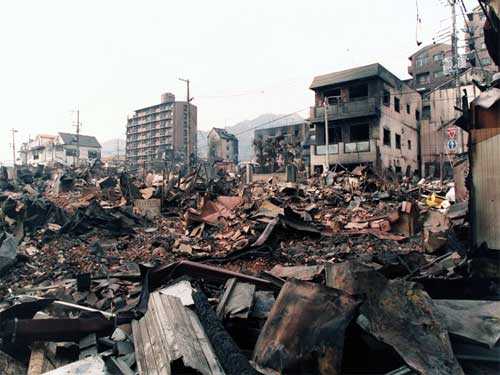
If you’re an optimist, then you can look at the aftermath of a natural disaster (excluding death, injury and disease) as a long camping trip. Imagine going on a prolonged camping trip, there are no water supplies, electricity and there’s certainly no 7eleven around the corner. And so with a camping trip you’re usually prepared. Can you think of a few items you may take?
Natural disasters can strike without warning, and can affect us both physically and psychologically. And preparation is crucial in order to stop a disaster turning into a fatality.The two most important items are food and water. Each household should store at least two weeks supply.
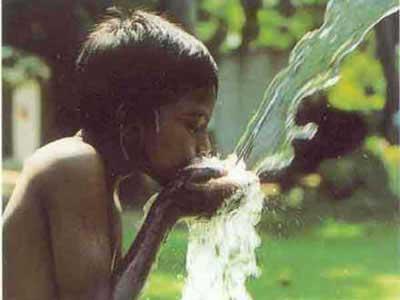
1. Water
Many people may be able to make it without food for weeks, but without water they will not survive more than a few days or a week at most.
Each house hold should have at least 1 – 2 weeks supply of water. One gallon of water, per person, per day would be ideal. (Also used for cooking and hygienic purposes)
If you don’t have enough water or run out, there are two methods which could save your life.
Distilling water, involves boiling the water, then condensing the steam on a cold surface and collecting the water that runs off.
http://www.wisegeek.com/what-is-distilled-water.htm
Also another useful item to have is a water filter. There are many different types of filters on the market. A good one will have the capacity to remove many types of bacteria, pesticides, herbicides, lead, rust and so many more contaminates that can make water unhealthy to drink.
Some devices can also turn sea water into drinking water and are obviously particularly useful if you are located near the sea. These are called watermakers or desalinators. They can be purchased online reasonably inexpensively and may save your life.
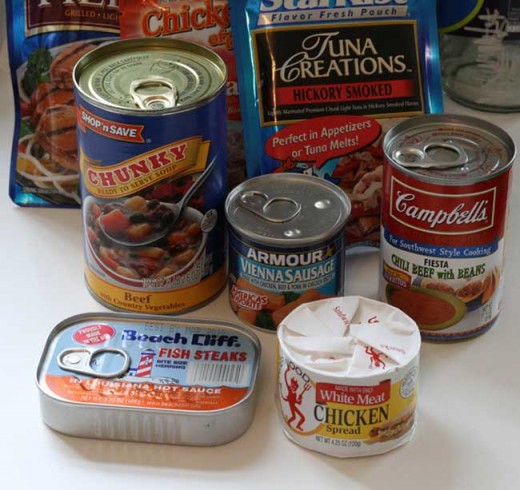
2. Food
Make sure that it is storable and prepare food that needs no refrigeration, cooking or water. Stay away from salty foods that may dehydrate you. If disaster strikes, be sure that your local walmart is going to empty out soon by either desperate shoppers or looters. Some foods that may come in handy are:
- Protein Bars
- Dried fruit and cereal
- Canned meats, fruits and vegetables
- Long life milk
- Bottles fruit juices
- Some spreads and bread crackers
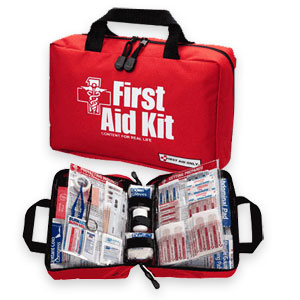
3. First Aid
You may not be able to get access to a hospital or doctor during a natural disaster. So a good quality and fully stocked first aid kit may go a long way.
Some of the items that may need to be in the box are; Gauze Swabs, Bandage scissors, wound disinfected, adhesive wound dressing, bandage and a triangular sling.
- Flu/cold remedy
- Diarrhoea remedy
- Pain relievers
- Fever thermometer
- Splinter tweezers
- Skin disinfectant
Don’t forget about prescription medications and medical scripts you may need.
http://www.firstaidkitsaustralia.com.au/index1.asp?gclid=CLWQzeac8KcCFQT1bwodrknKZw
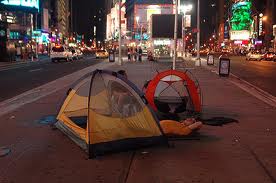
4. Shelter/ warm clothes and blankets, sleeping bags
Some may be able to survive in their home, if it wasn’t badly damaged. But what would you do if your home was destroyed or you were forced out due to weather warnings or a nuclear catastrophe.
Do you own a sleeping tent? Remember it’s just like camping, except this time it could be in the streets or a park. So if you don’t own a tent, perhaps this could become a very useful survival item. Also Warm clothes and blankets are essential in cold weather, in order to avoid colds, viruses and pneumonia.
There are also other options such as, relatives, motel, and shelters.

5. Hygiene
Hygiene is important, especially if you want to maintain physical resistance against disease. And because we’re so used to regular daily hygiene, life can get unpleasant quickly without these necessities. So what happens if due to a power failure, a disrupted or reduced hot-water supply, the usual comfort of hygiene and cleanliness is no longer available?
So stock up on personal hygiene items such as soap, hand sanitizer, tooth paste, mouth wash, wet wipes, toilet paper and garbage bags. A small shovel, to dig and bury faeces in dirt could come in handy. Also by adding a water purification tablets, stockpiled water can be storable for an extended period of time.
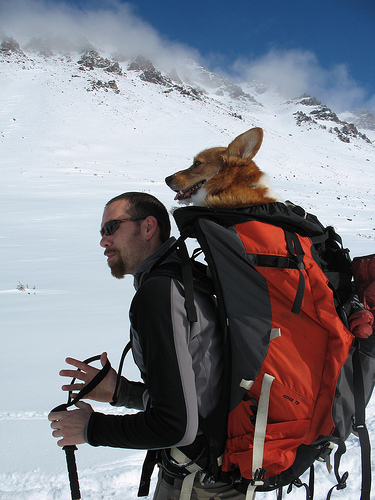
6. Emergency Pack
An emergency pack will be extremely useful, in case you need to evacuate quickly. So make sure you have a good hiking pack that is easy for you to carry for long periods of time. Say you really were to go hiking for a long period of time. What would you put in it? It would be ideal to have it packed and ready to pick up and go for emergencies.
Also prepare a neck bag or SOS capsule for yourself and children with names, birth date and address.
And don’t forget these items; ID Card/passport, bank details, personal documents. (Best to scan and save on USB or send to an email address)
Some additional items that may come in handy.
- Batteries, a flashlight, and a portable radio or TV, and map are essential.
- Candles (also could be handy if batteries run out on flashlight)
- Axe (for chopping wood, in order to keep warm in extreme weather conditions)
- Matches (to light wood and candles)
- Swiss Army knife ( ideal in a survival situation, is handy for multiple things)
- Self defence weapons (taser, pepper spray or gun) depending on the law of your country and personal beliefs, these items could come in handy, especially in total chaos, when the law fails its citizens.
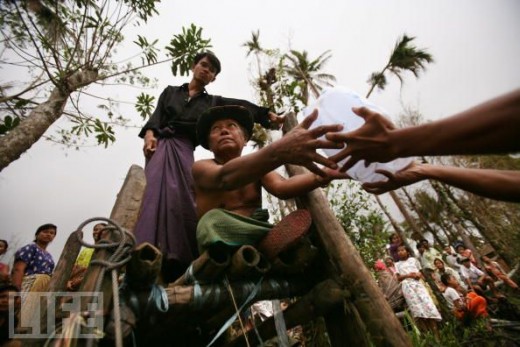
Finally, survival all comes down to optimism, willpower and support from the community. I have personally lived through a war as a child, in an underground dungeon with twenty other families. All slept on blankets on the floor, shared their food, water and valuables, but most important gave each other moral support. And I remember, although it was tragic, they were also the best of times for my family, as people felt united, useful and bonded on another level. This also holds true in a natural disaster, where some people have also looked back on that time as a community coming together, aiding each other, slowing down and realising that life is also full of good folks.






